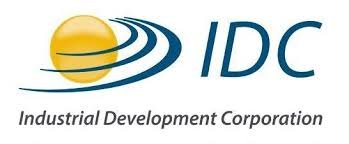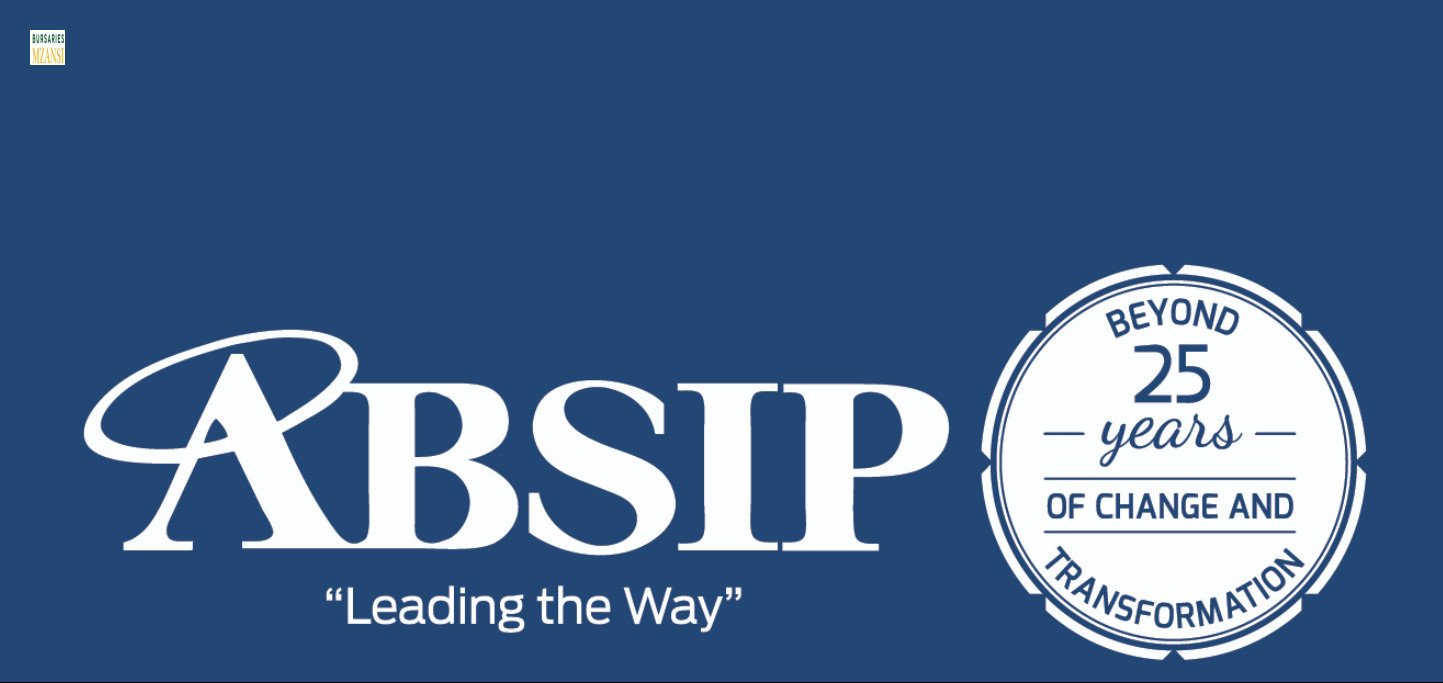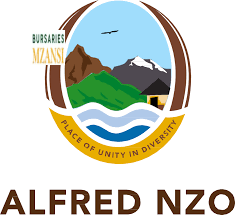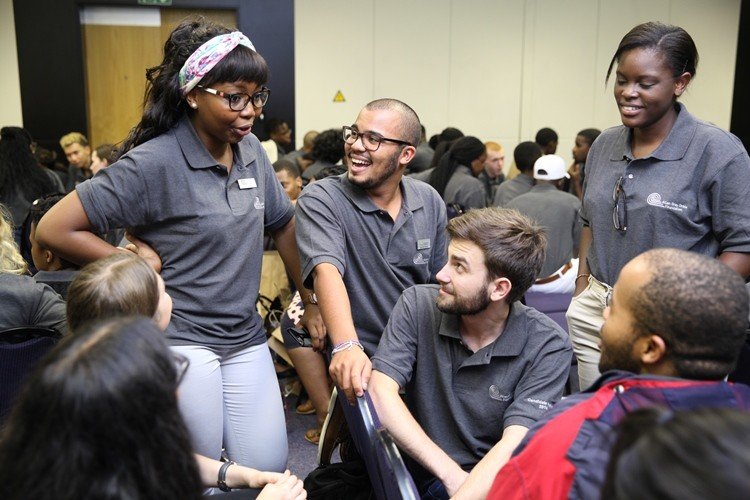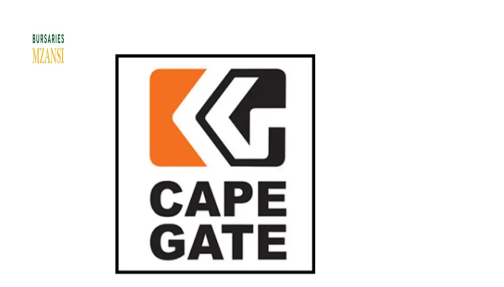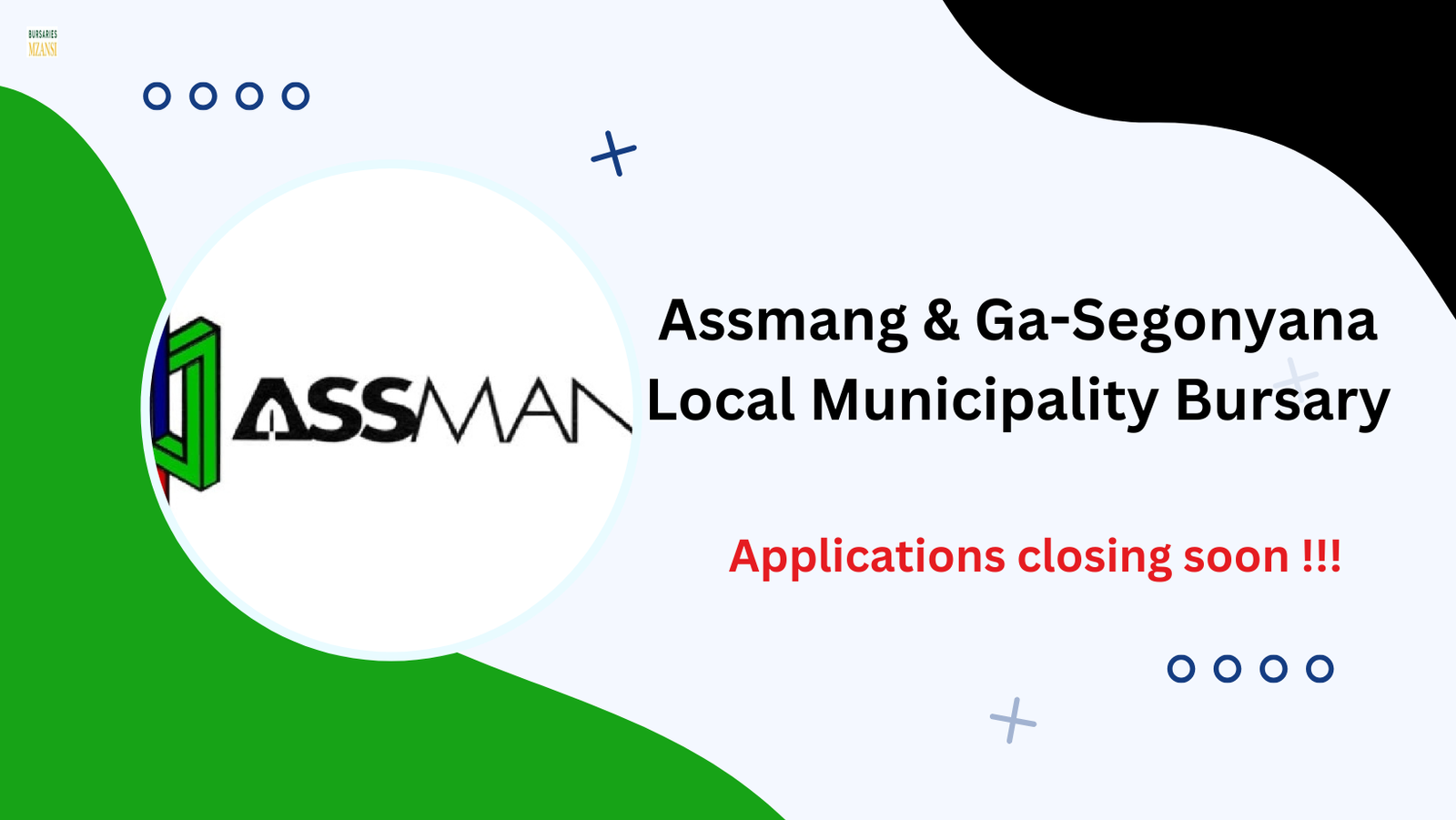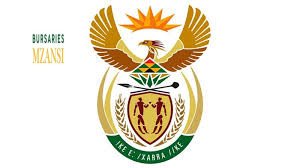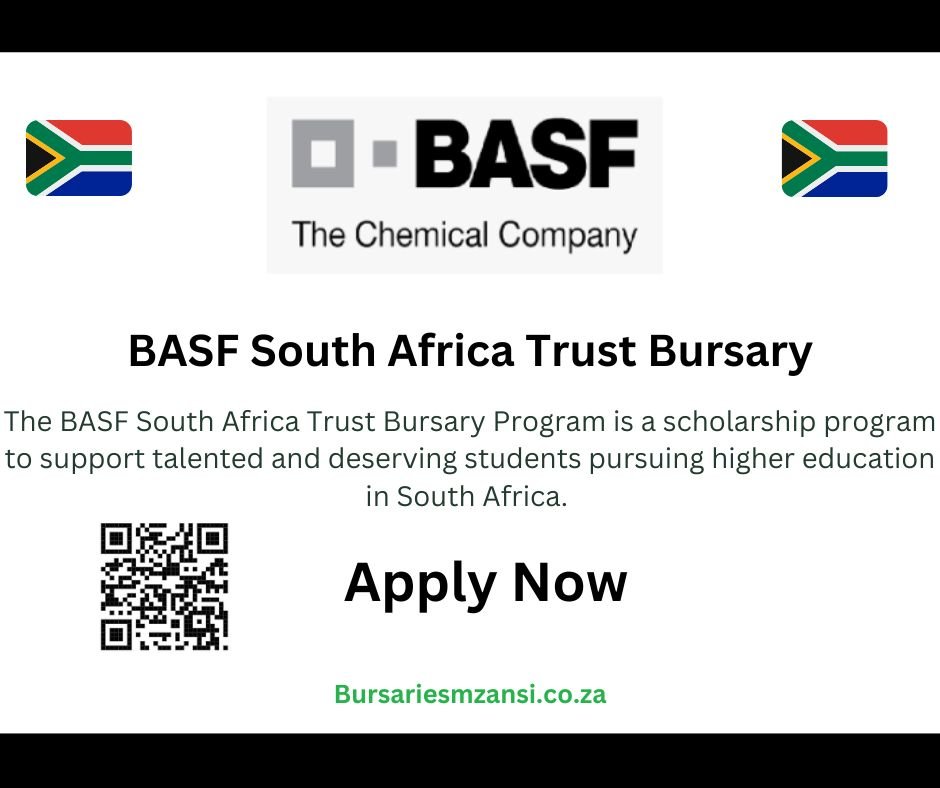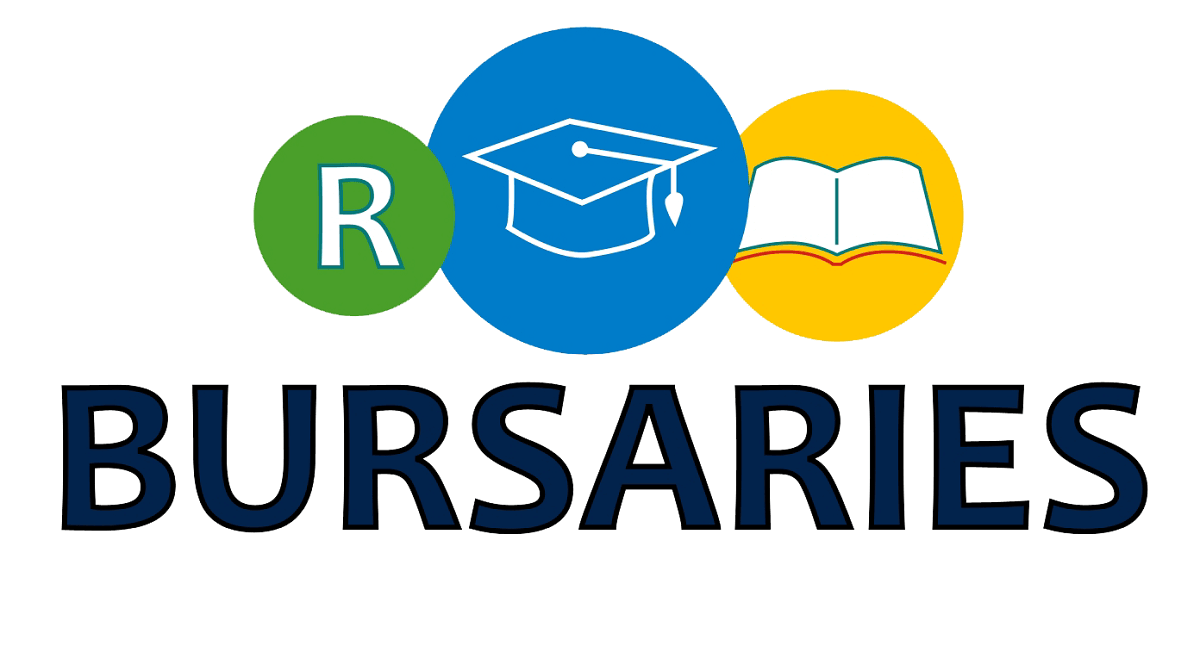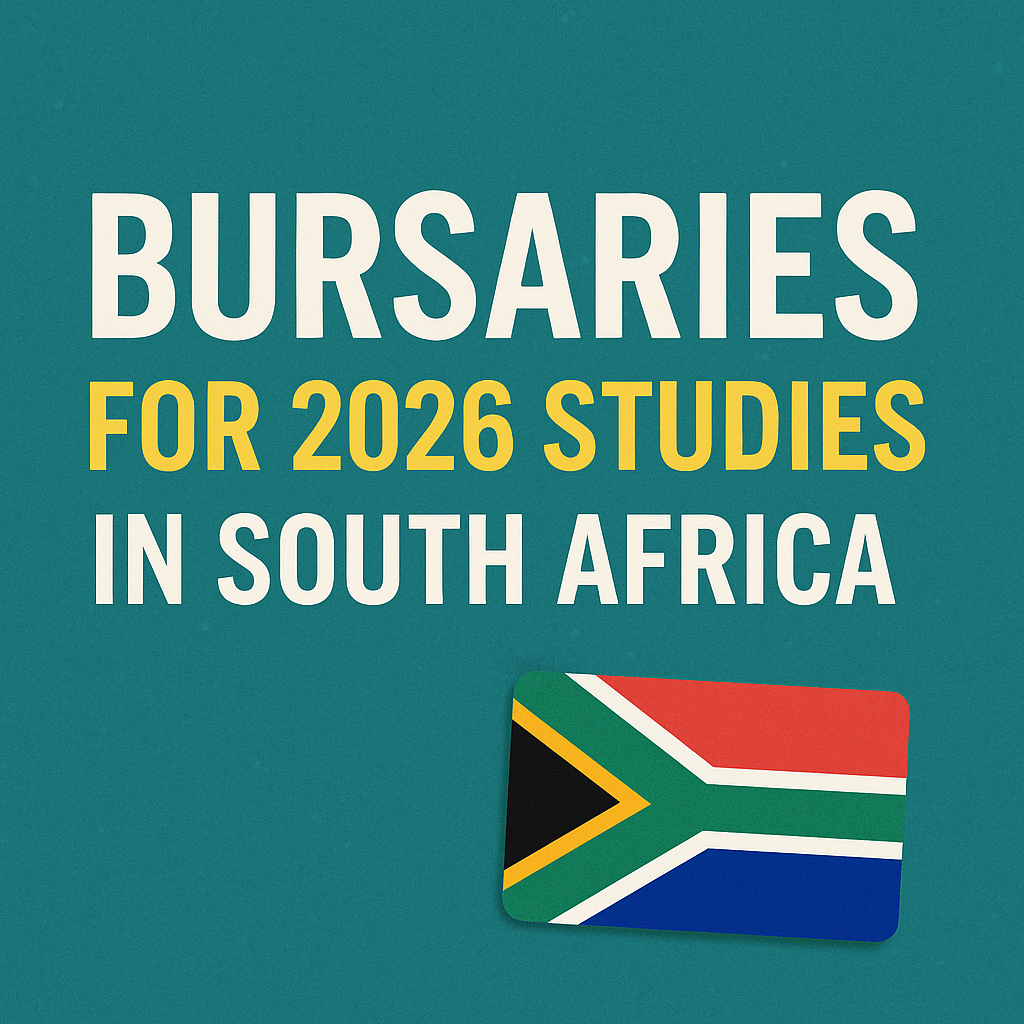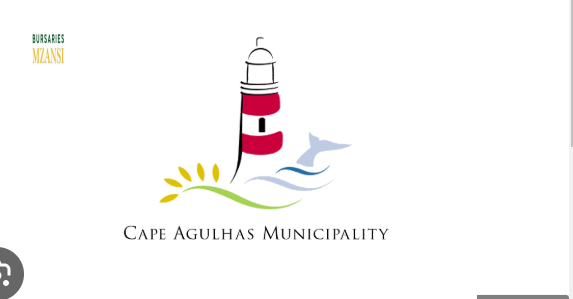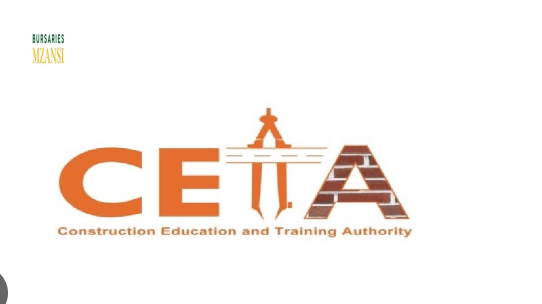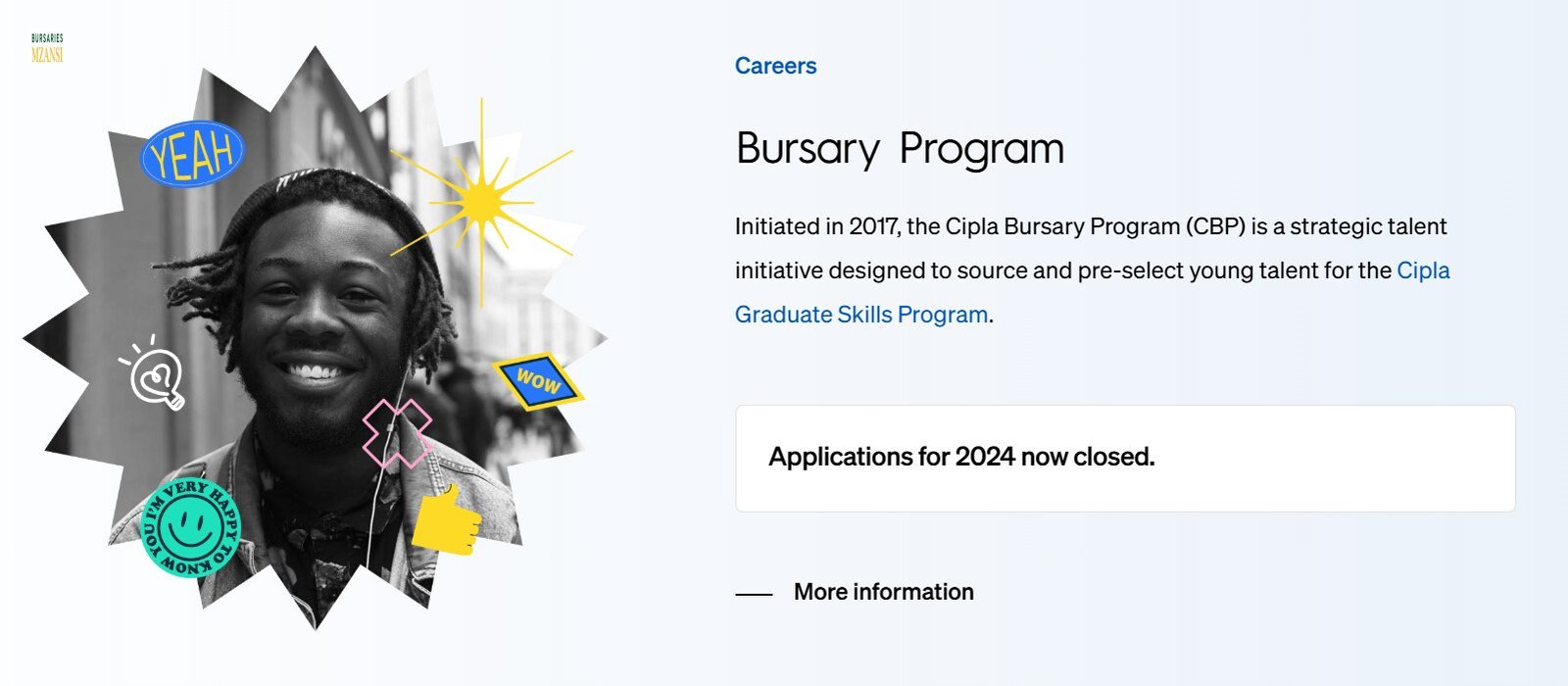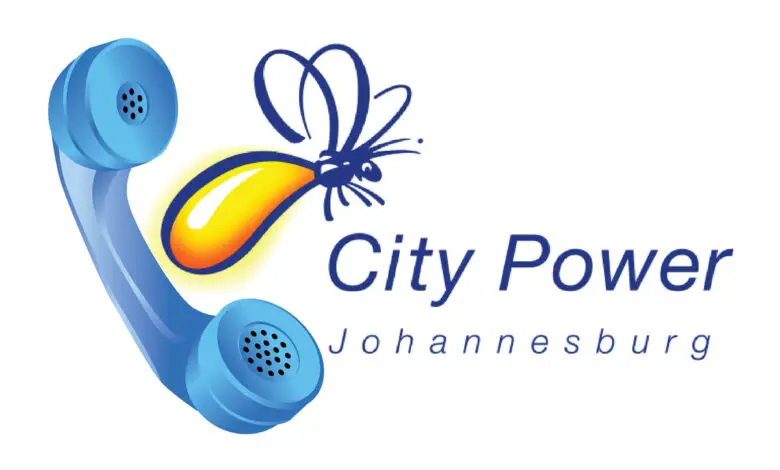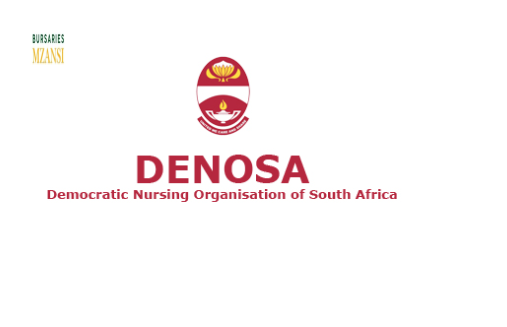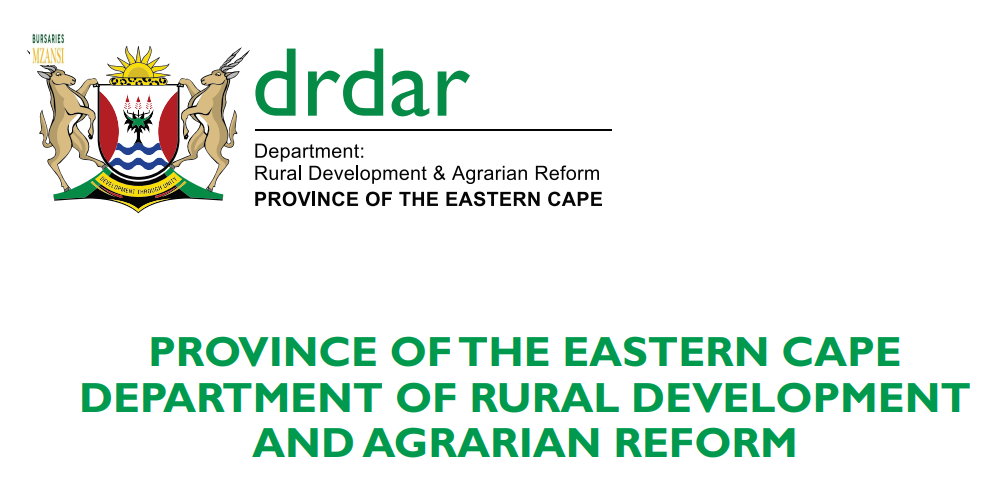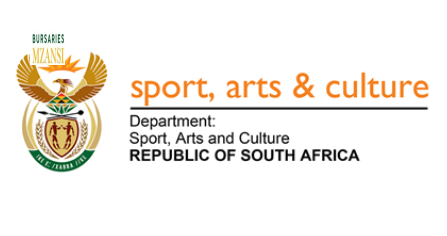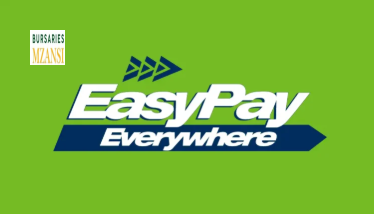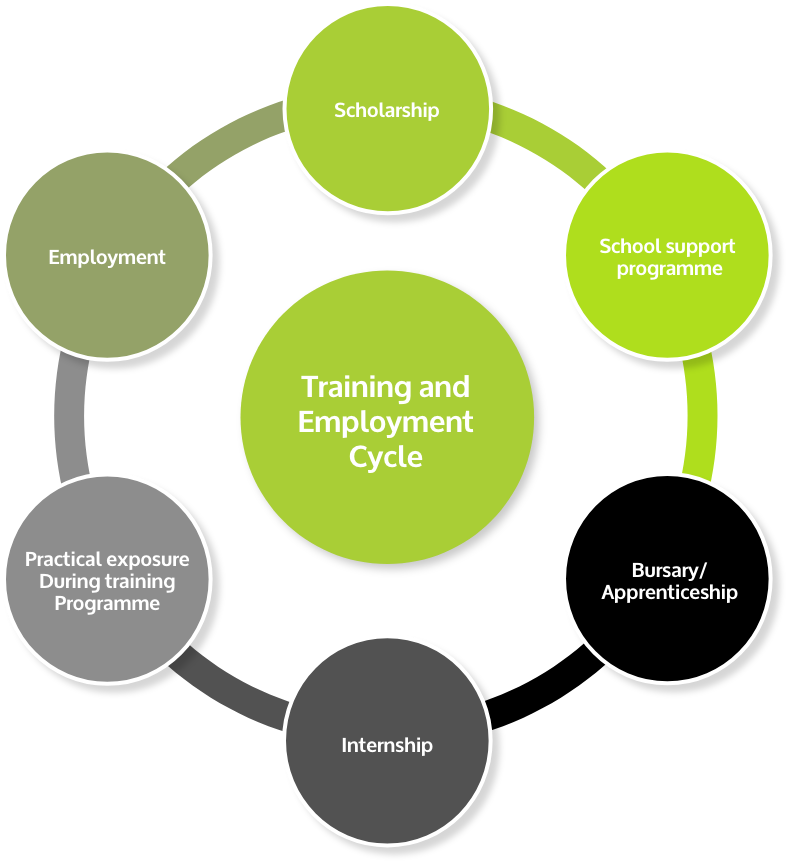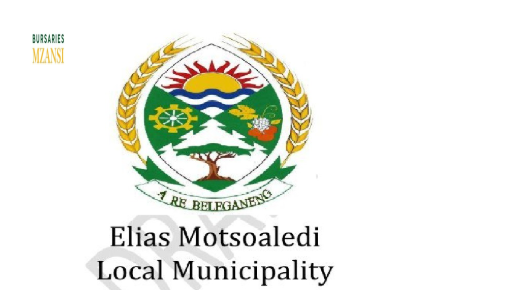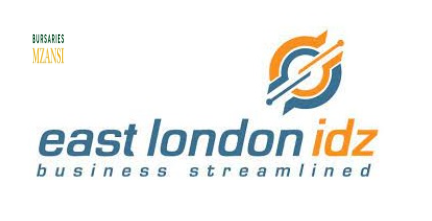Paying for higher education can feel overwhelming, especially when tuition fees, accommodation, books, and daily living costs keep rising. For many students, the dream of studying further often depends on finding the right financial support. The good news is that there are many bursary and scholarship sources available both in South Africa and abroad. These opportunities are designed to help students from different backgrounds access quality education without carrying the burden of debt.
In this guide, we’ll explore bursary and scholarship sources you can rely on, tips on how to apply successfully, and the differences between bursaries and scholarships. Whether you’re finishing high school, already in university, or planning to study overseas, this article will give you all the tools you need to start your funding journey.
Understanding Bursaries vs Scholarships
Before diving into the sources, it’s important to understand the difference:
- Bursary: A bursary is usually awarded based on financial need. Many South African bursaries also include work-back agreements, meaning after graduation you may be required to work for the company that sponsored you. For example, if a bank funds your degree, you might need to work for them for a few years.
- Scholarship: A scholarship is typically merit-based. This means it’s awarded to students who excel academically, in sports, leadership, or community service. Unlike bursaries, scholarships rarely require you to work for a sponsor afterward.
Both are excellent ways of reducing education costs, but knowing which suits your situation best will guide your application strategy.
Sources of Bursaries in South Africa
South Africa has a wide range of bursary providers. Let’s look at the main ones:
1. Government Bursaries and Financial Aid
The South African government plays a big role in student funding. The National Student Financial Aid Scheme (NSFAS) is the most well-known source of bursary funding. NSFAS covers tuition fees, accommodation, transport, and even learning materials for eligible students from low-income households.
👉 Visit NSFAS here: https://www.nsfas.org.za
Other government bursaries are often managed through specific departments like the Department of Health, Department of Agriculture, or Department of Public Works, targeting students in fields that are in high demand.
2. Corporate and Company Bursaries
Many big companies in South Africa invest in students through bursaries. These bursaries often include mentorship, vacation work, and job placements after graduation. Examples include:
- Old Mutual Bursary Programme – Supporting students in actuarial science, accounting, and finance.
- Sasol Bursary Programme – Focusing on engineering and science students.
- Shoprite Bursary – Funding retail management, pharmacy, and IT students.
You can check out our guide on the Old Mutual Imfundo Trust Scholarship for more details on how corporate bursaries work.
3. University and College Bursaries
Many institutions offer their own bursaries. For example, the University of Cape Town, University of Johannesburg, and Stellenbosch University all have internal bursary offices. These bursaries can be merit-based, need-based, or departmental.
Make sure to check your university’s financial aid office early to secure funding.
4. NGOs and Foundations
Non-governmental organizations and foundations also support students. For example:
- Allan Gray Orbis Foundation Fellowship – Aimed at entrepreneurial students with leadership potential.
- Canon Collins Trust – Supports postgraduate students in social justice, education, and humanities.
You can read more about the Allan Gray Orbis Foundation Fellowship 2025 on our site.
International Scholarship Sources
If your dream is to study abroad, there are also plenty of scholarships to explore. These can cover tuition, travel, accommodation, and even living stipends.
1. United States Scholarships
Studying in the USA is expensive, but there are scholarships available:
- Fulbright Program – Offers full funding for postgraduate studies in the US.
- Hubert H. Humphrey Fellowship – Provides mid-career professionals with a year of study and leadership development.
Check our guide on How to Study in the USA for Free for more tips.
2. Canada Scholarships
Canada is known for its generous international student funding:
- Vanier Canada Graduate Scholarships – For top doctoral students worldwide.
- Lester B. Pearson International Scholarship – Awarded by the University of Toronto to outstanding international students.
You can also explore our detailed article on Scholarships to Study in Canada for Free.
3. UK Scholarships
The UK has long been a favorite for international students, and funding opportunities include:
- Chevening Scholarships – Fully funded master’s programs in the UK.
- Commonwealth Scholarships – For students from Commonwealth countries, including South Africa.
4. Other International Opportunities
- Erasmus+ (Europe) – Offers scholarships for exchange programs in European universities.
- DAAD (Germany) – Scholarships for postgraduate students in all fields.
Tips for Finding and Applying for Bursaries and Scholarships
Applying for bursaries and scholarships takes time and effort. Here are some practical tips to increase your chances:
- Start Early
Most bursary applications open a year before studies begin. Waiting until the last minute may limit your options. - Prepare Strong Motivation Letters
Your motivation letter is where you stand out. Share your story, goals, and why you deserve funding. Keep it authentic and passionate. - Stay Organized
Keep a spreadsheet with deadlines, requirements, and statuses of your applications. - Meet All Requirements
Double-check that you’ve included certified copies of your ID, academic transcripts, proof of income, and references. Missing documents can disqualify you. - Apply Broadly
Don’t rely on one application. Apply to as many opportunities as possible to increase your chances.
Internal and External Resources You Should Explore
To help you in your journey, here are some useful resources:
- South African Bursaries: Bursaries South Africa – Regularly updated bursary opportunities.
- NSFAS Official Site: https://www.nsfas.org.za – For government bursary funding.
- Study Abroad Resources: DAAD Scholarships and Chevening Scholarships.
On our website, you can also check out:
- University Prospectus 2025 for detailed course and funding info.
- How to Apply for a Matric Certificate Replacement if you’ve lost your school results.
Final Thoughts
Finding the right bursary or scholarship may feel stressful at first, but remember that thousands of students succeed every year. With patience, research, and determination, you can secure funding that will unlock your future. Whether it’s a local bursary from a South African company or a prestigious scholarship to study abroad, the opportunities are endless.
Education is one of the most powerful investments you can make in yourself, and financial aid ensures that money does not stand in the way of your dreams. So start researching today, prepare strong applications, and never give up—the right opportunity is out there waiting for you.

